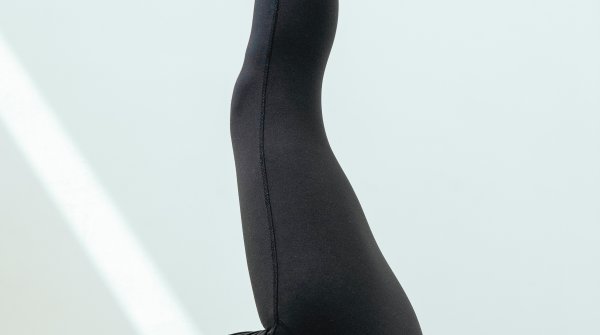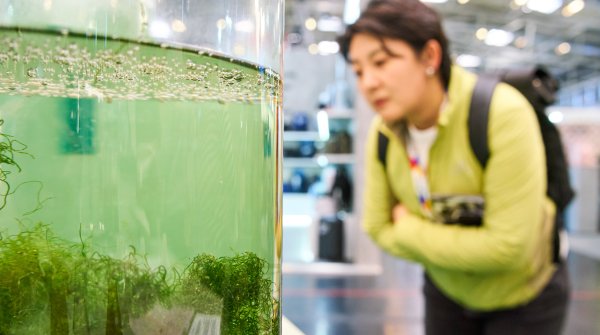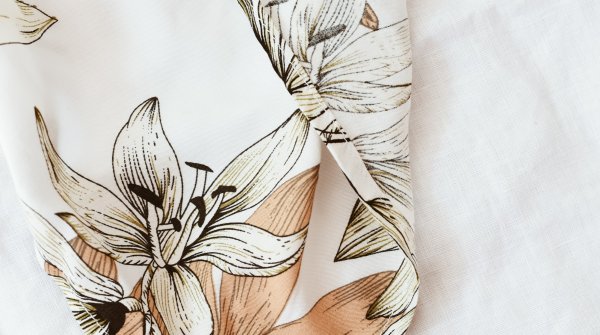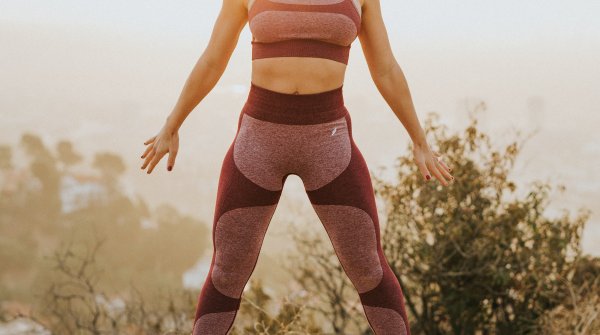The quality of virgin wool is measured by the length, thickness, luster and elasticity of the fibers. Because the wool of Merino sheep is particularly fine and therefore has many good properties, it is considered the best pure new wool of all. It is therefore more expensive than wool from other sheep, but it also feels much better on the skin: Merino wool is particularly supple and does not scratch.
The natural fibres form a natural protective film of wool grease, which has a water-repellent effect. In addition, the large number of air chambers in the yarn ensures that merino wool dries much faster than cotton, for example.
It is well known that virgin wool is especially practical in winter. The strongly crimped wool fibres have a good insulating effect because the body heat is stored in many air chambers. Thus warms Merino wool even at sub-zero temperatures. In summer, merino wool unfolds an opposite superpower: The fibers can absorb up to 35 percent of their own weight in moisture and thus develop a cooling effect without feeling wet.
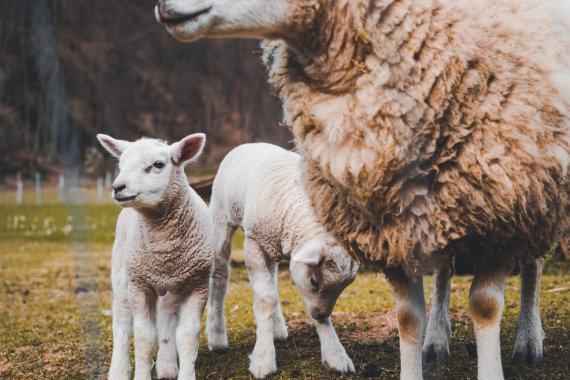
Merino wool fabrics have a sun protection factor of 40-50, more than any other natural material. The wool blocks UV radiation and protects you from sunburn even on the mountain summit - without any harmful ingredients that are often used in outdoor clothing made of synthetic fibers.
Active wear or underwear made from merino wool stays fresh much longer than synthetic clothing because the natural fats and proteins in the wool fibres are dirt-repellent and have an antibacterial effect. Therefore, even with heavy sweating, no annoying sweat odor develops.
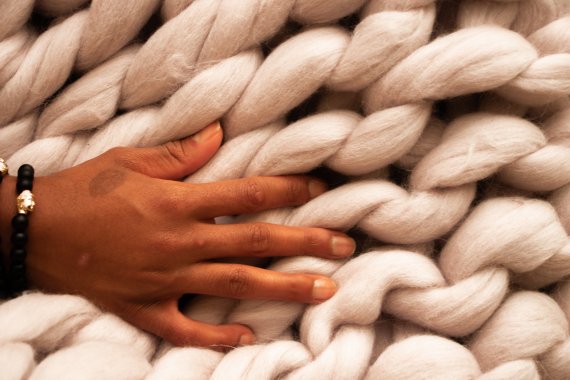
The natural self-cleaning function of the wool fibre ensures that merino clothing needs to be washed less often than synthetic garments. If it is aired overnight in humid weather, it almost cleans itself. In the washing machine, merino wool gets clean even at low temperatures, but can also easily withstand a wash cycle at 40 degrees without shrinking or thinning out.
Merino wool is a truly sustainable raw material because it grows naturally and conserves resources, is durable and is degraded without residue. Standardized seals tell you whether the new wool was traded fairly and comes from environmentally friendly, species-appropriate animal husbandry that does not involve torturous mulesing. This is the process of removing the skin from around the sheep's tails to prevent infestation with fly maggots.
Bulletpoints:
These are the most important certifications:
- ZQ
The animal welfare seal is awarded by the New Zealand Merino Company and ensures ethical husbandry of the merino sheep. - GOTS
At least 70 percent of the merino wool in GOTS certified garments comes from certified organic livestock and has been both fairly traded and sustainably produced. - Naturtextil
The Naturtextil seal guarantees that the merino wool is free of harmful substances and of high quality, even after dyeing, and that it comes from ecological and socially responsible production. - OWP
Ortovox's strict virgin wool standard provides for sustainable production of virgin wool that takes into account high animal welfare standards as well as farm and land management.
- ISPO awards
- Mountain sports
- Bike
- Design
- Retail
- Fitness
- Health
- ISPO Job Market
- ISPO Munich
- ISPO Shanghai
- Running
- Brands
- Sustainability
- Olympia
- OutDoor
- Promotion
- Sports Business
- ISPO Textrends
- Triathlon
- Water sports
- Winter sports
- eSports
- SportsTech
- OutDoor by ISPO
- Heroes
- Transformation
- Sport Fashion
- Urban Culture
- Challenges of a CEO
- Trade fairs
- Sports
- Find the Balance
- Product reviews
- Newsletter Exclusive Area
- Magazine



